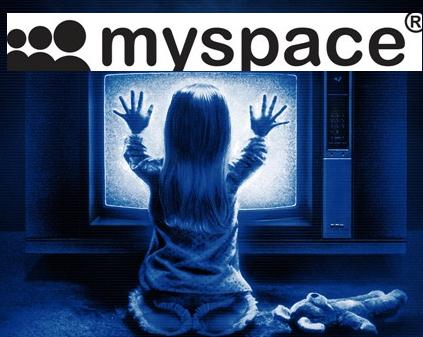Mozilla’s Thunderbird email client hasn’t been a particular success. This widespread belief has been further emboldened by a new move by Mozilla which aims at taking away the resources dedicated to the development of Thunderbird. This has been announced by Mozilla in a letter sent out to the members of the Mozilla community.
The best euphemism that Mozilla could conjure in describing the rather lacking success of Thunderbird was that ‘continued innovation on Thunderbird is not the best use of our resources given our ambitious organizational goals.’
For now, the plan has been shared only within the community, together with a request of not making it public, a request which obviously didn’t pan out. The official announcement of these plans is said to be due on the coming Monday.
One of the chief reasons why Thunderbird hasn’t been able to gain any traction is that it is a desktop software. And with the world growing fast mobile, it has grown obsolete. Naturally, in order to make effective use of its resources, Mozilla had to shed it sooner or later. As a result of this new decision on Thunderbird, people from the team working on Thunderbird will be shifted to other projects.
So we can either say the pace of some other projects speed up in the coming days, or some new projects launched by the Mozilla team. The exact text of the letter is posted below:
Hello Mozillians:
On Monday Mitchell Baker will be posting on the future of Thunderbird.
We’d like you to be aware of it before it goes public. However, this is *confidential* until the post is pushed live Monday afternoon PDT. Please don’t tweet, blog or discuss on public mailing lists before then.
In summary, we’ve been focusing efforts towards important web and mobile projects, such as B2G, while Thunderbird remains a pure desktop-only email client. We have come to the conclusion that continued innovation on Thunderbird is not the best use of our resources given our ambitious organizational goals. The most critical needs for the product are on-going security and stability for our 20+ million users.
However, Thunderbird is one of the very few truly free and open source multi-platform email applications available today and we want to defend these values. We’re not “stopping” Thunderbird, but proposing we adapt the Thunderbird release and governance model in a way that allows both ongoing security and stability maintenance, as well as community-driven innovation and development for the product. This will mean an eventual shift in how we staff Thunderbird at Mozilla Corporation – we are still working out details, but some people will likely end up on other Mozilla projects.
We are going to open this plan for public discussion to individuals and organizations interested in maintaining and advancing Thunderbird in the future on Monday. We are looking for your feedback, comments and suggestions to refine and adapt the plan in the best possible way throughout the summer so we can share a final plan of action in early September 2012.
If you have any questions prior to Monday please reach out to me [jb@mozilla.com] or Mitchell [mitchell@mozilla.org]. Again, this information is for Mozillians-only until Mitchell’s post goes live.
Regards,
Jb Piacentino
Thunderbird Managing DirectorAdditional information:
New release and governance model for Thunderbird will be available here concurrently to Mitchell’s post:
https://wiki.mozilla.org/Thunderbird/Proposal:_New_Release_and_Governance_Model
Info on Modules and Thunderbird owners:
https://wiki.mozilla.org/Modules
You’re receiving this email because you’re a registered Mozillian. We’ll send you timely and occasional organizational news and updates – meant just for Mozillians. If you do not wish to receive these updates, please unsubscribe here. Read the Mozilla Privacy Policy.
Mozilla
650 Castro Street, Suite 300
Mountain View, CA 94041-2021
(650)903-0800
Courtesy: Tech Crunch




